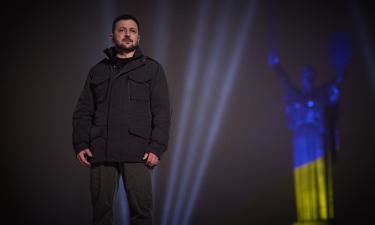Origins of modern central Europeans revised
A study of DNA from ancient farmers in Europe shows sharp differences from that of modern Europeans. The research was aimed at helping solve the mystery of European origins, but it may just add fuel to the debate.
Researchers led by Wolfgang Haak of Johannes Gutenberg University in Mainz, Germany, argue that their finding supports the belief that modern residents of central Europe descended from old stone age hunter-gatherers, present 40,000 years ago, and not the early farmers who arrived thousands of years later.
Other anthropologists questioned that conclusion, arguing that the available information is insufficient to support it.
Haak's team used DNA from 24 skeletons of farmers from about 7,500 years ago, collected in Germany, Austria and Hungary. Six of the skeletons, or 25 percent, belonged to the "N1a" human lineage, according to genetic signatures in their mitochondrial DNA, which is inherited from the mother.
The N1a marker is extremely rare in modern Europeans, appearing in just 0.2 percent.
"This was a surprise. I expected the distribution of mitochondrial DNA in these early farmers to be more similar to the distribution we have today in Europe," co-author Joachim Burger, also from Johannes Gutenberg University, said in a statement.
"Our paper suggests that there is a good possibility that the contribution of early farmers could be close to zero," added co-author Peter Forster from the University of Cambridge in England.
Absence of the marker in modern people indicates they are descended from ancient hunter-gatherers rather than the later-arriving farmers, the researchers said.
Others challenged that conclusion.
The research was funded by the German Federal Ministry for Education and Research, the AP reports.
V.Y.
Subscribe to Pravda.Ru Telegram channel, Facebook, RSS!





